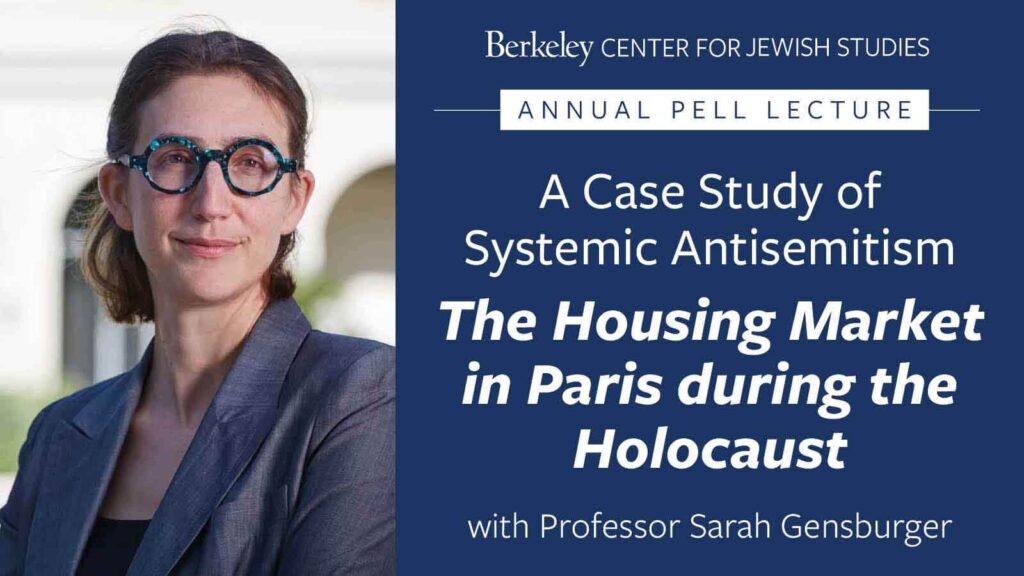
- This program has passed.
Lecture | Adrian Daub: The Mendelssohns, The Piano, and the Making of the Domestic Sphere
Feb 17, 2016 @ 5:00 pm - 7:00 pm

Thanks to its prominence, its wealth and its place at the center of intellectual and cultural life, the Mendelssohn family provides a privileged window into the formation of domestic culture in nineteenth-century Germany. But the story of the Mendelssohns not only reflects changes in domestic culture and the understanding of privacy, the family helped inaugurate and shape them – often by musical means. This talk will examine questions of privacy and publicity from Moses Mendelssohn’s writings on musical aesthetics, to the music created by his famous grandchildren Felix Mendelssohn-Bartholdy and Fanny Mendelssohn (later Hensel).
Adrian Daub is Associate Professor of German Studies at Stanford University. He is the author of Uncivil Unions: The Metaphysics of Marriage in German Idealism and Romanticism (2012), Tristan’s Shadow: Sexuality and the Total Work of Art (2013), and Four-Handed Monsters: Four-Hand Piano Playing and Nineteenth-Century Culture (2014). He has also published on fin-de-siècle German opera, the films of Hans-Jürgen Syberberg, literature and scandal, nineteenth-century ballads, and writers such as Novalis, Stefan George, Walter Benjamin, Theodor Adorno, and W. G. Sebald.
![]()

